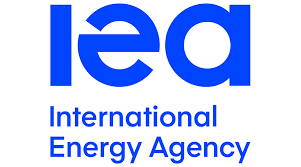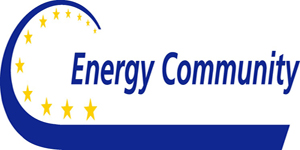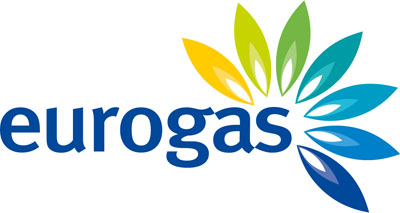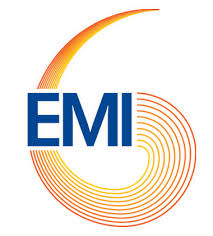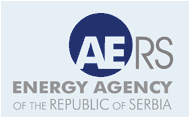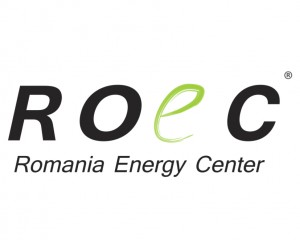Following an invitation by the organizers of the 14th Turkish International Oil and gas Conference (TUROGE), IENE’s Executive Director Mr. Costis Stambolis travelled to Ankara on March 19-20 and participated in this major national energy event. The conference was opened by Turkey’s Minister of Energy and Natural Resources H.E. Mr. Taner Yildiz, while all major oil and gas companies were represented by their chairmen and CEOs.
Professor Volkan Ediger chaired the panel on "Oil and Gas Transportation and Storage Infrastructure: Status, Trends and Economic Benefits” where IENE’s Executive Director participated. The other panelists included Dr. Simon Pirani (Senior Research Fellow, Oxford Institute for Energy Studies), Mr. John Roberts (Energy Security Specialist, Methink), Emre Engur (Head of International Projects Department, BOTAS) and Mr. Eser Özdil (Secretary General, PETFORM - Petroleum Platform Association).
Mr. Stambolis in his presentation expanded on IENE’s ideas on the prospect οf setting up and operating Gas Trading Hubs in Greece and Turkey. The underlying reasons were presented which favour the establishment of Gas Trading Hubs in both Greece and Turkey in view of anticipated increased gas flows in the region after 2018/2019. Following a detailed study carried out by IENE last year on ‘’The Outlook for a Natural Gas Trading Hub in SE Europe’’ it has been concluded that a "virtual hub’’ type is preferable to ‘’physical type’’ hubs in order to take care and promote gas trading in the SE European region.
Neither virtual nor physical trading hubs currently exist in Southern and Eastern Europe. The region is now starting to warm up to the prospect of a liquid market where long-term contracts and spot or short-term trading can be combined. The establishment and functioning of a Gas Trading Hub requires a deregulated gas market, which is not the case today in most countries of South Eastern Europe.
However, Mr. Stambolis argued that the operation of a physical i.e. transit, regional hub, such as the Belgian Zeebrugge, could also be possible, due to the flexibility resulting from the operation of the existing and planned interconnections in the region. The region could actually serve as a transit route for transiting Azerbaijani and Russian gas to smaller hubs that are planned in the region, as well as to the Central European Gas Hub in Austria. Like the Zeebrugge, a hub where pipelines physically meet, a regional hub storage and LNG facilities, as well as pipeline connections, could become a possible balancing point for both storage and transportation. Indeed, more than one balancing points in the region could become possible after 2018/2019.
However, a virtual hub would offer even greater flexibility, because the eligible gas for trading is all the gas which has paid a fee for access into the network. Especially when moving towards an entry-exit system – which is required by EU regulation for member states - virtual hubs are more suitable for gas trading. The establishment of regional natural gas hubs is expected to facilitate the wholesale trading of natural gas between participants in South Eastern Europe. Essentially, it will allow gas supply and demand to meet in a marketplace by providing a platform for physical and/or financial transaction. It will enable competitive markets to function, even though it will probably have an administrative role at the start of its operation.
An important issue to be addressed is where the gas hub will be based. Increased supply optionality and infrastructure development are prerequisites for creating a market in the region. At the moment there are several pipeline connections planned in South Eastern Europe, as well as two FSRU facilities and underground storage facilities in Greece and Turkey. Both Greece and Turkey have expressed interest in establishing a gas hub to serve the region and both countries fulfill the necessary conditions in terms of established and liquid financial markets. Furthermore both countries have well developed gas markets with elements of competition (especially in Turkey) becoming more evident as time progresses.
The parallel establishment of two major regional hubs is proposed one in Thessaloniki linked to the Athens Energy Exchange (in the process of being set up) and the second in Istanbul linked to the EPIAS Energy Exchange which has already been incorporated. With anticipated marginal gas volumes in the initial range of 0.5 to 1.0 bcm likely to be available for trading as early as 2018, rising to 2.0 and possibly to 5.0 bcm and perhaps more by 2022-2025, it may well become possible to see the realization of such projects. In a sense, having two regional exchanges will help considerably from a geographical aspect as the Istanbul one will take care of trades directed eastwards and westwards while the Thessaloniki one will deal with tradesto the west and to the north.
The financial implications arising from the operation of these two likely hubs are considerable both in terms of planned and approved infrastructure investment (in the order of €6.0 billion) and in terms of traded volumes (in excess of €4.0 billion per year with conservative churn ratios and minimal quantities).
Although it is difficult, at this stage, to predict market behaviour and its impact on spot prices, once the hubs enter full operation, based on European hub-type operation experience one could safely assume that spot prices determined through hub trading will be lower than oil-indexed ones.
This is not the only financial benefit arising from a hub-type operation. The attraction of sizeable tradable gas volumes and the trading activity arising from this will help to reassure markets in terms of gas availability and security of supply.
It should be noted that the above figures do not take into account additional gas volumes which are likely to become available from the "Turkish Stream” pipeline. If such volumes are considered the scope for the establishment of two regional hubs, one in Greece and the other one in Turkey, becomes even more compelling.

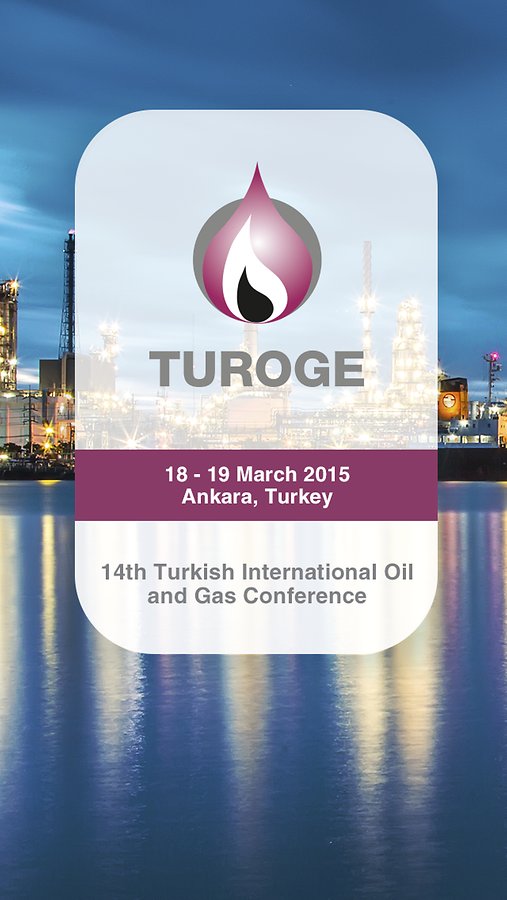 Following an invitation by the organizers of the 14th Turkish International Oil and gas Conference (TUROGE), IENE’s Executive Director Mr. Costis Stambolis travelled to Ankara on March 19-20 and participated in this major national energy event
Following an invitation by the organizers of the 14th Turkish International Oil and gas Conference (TUROGE), IENE’s Executive Director Mr. Costis Stambolis travelled to Ankara on March 19-20 and participated in this major national energy event
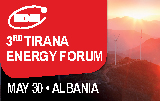

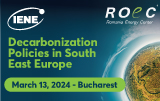

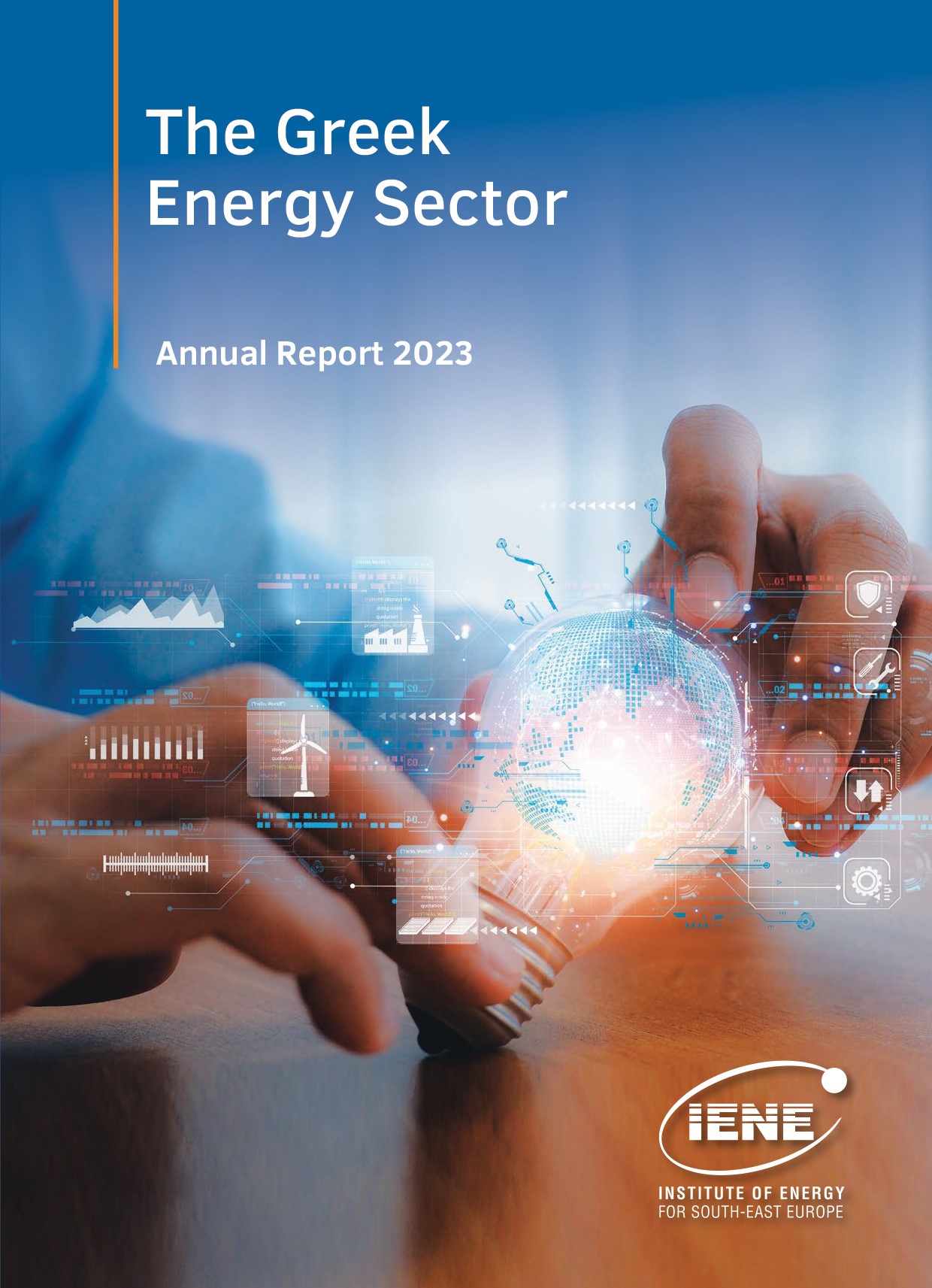
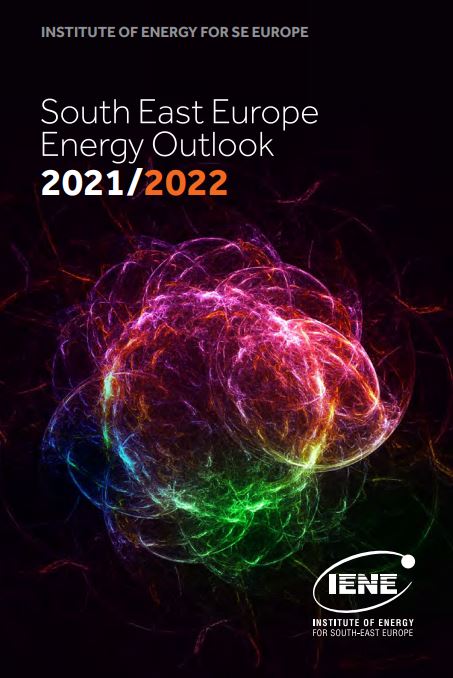
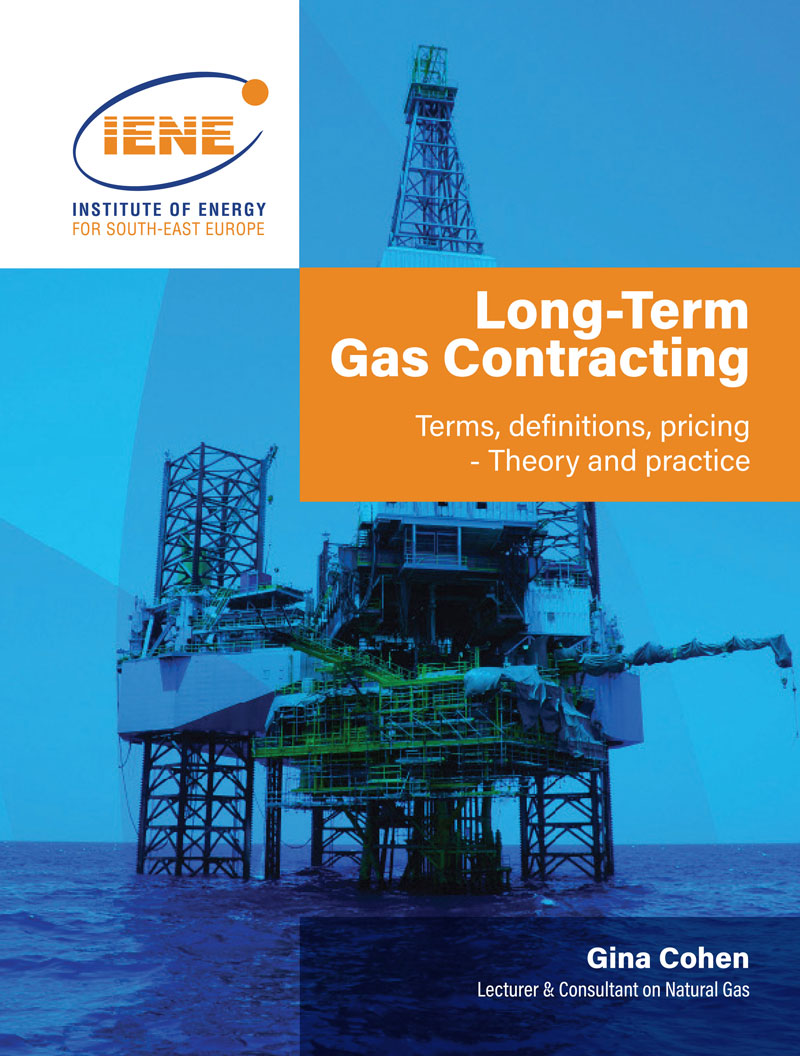 More
More
